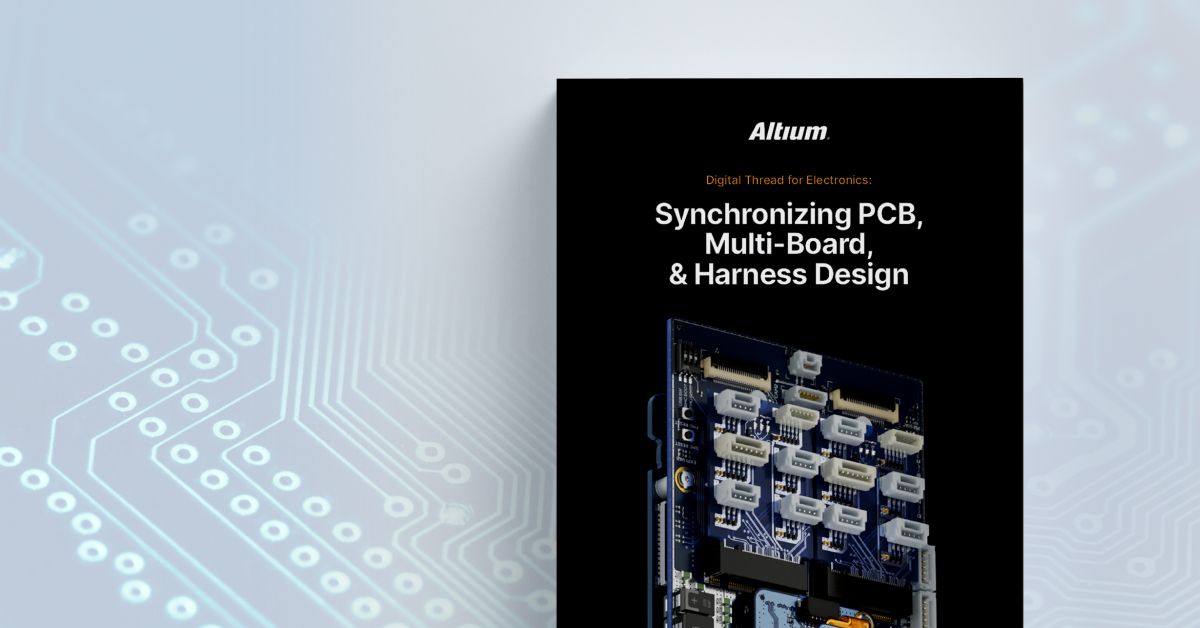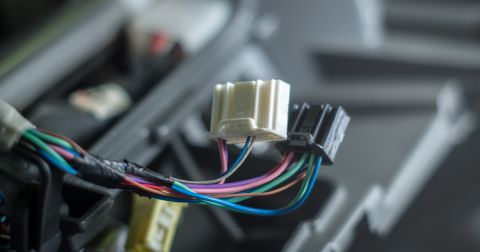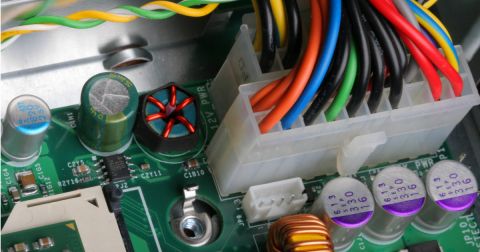Digital Thread for Electronics: Synchronizing PCB, Multi-Board, and Harness Design

As modern electronics grow more complex, teams are building entire systems of interconnected boards, components, and harnesses. Yet the tools and methods used for system-level design haven’t evolved to keep pace with this complexity.
The result? Fragmented workflows. Mismatched connectors. Costly rework. And critical design errors that surface far too late in the process.
It’s time for a system-level revolution in electronics design.
In this whitepaper, we explore how the digital thread, a unified design methodology, can synchronize PCB, multi-board, and harness design to reduce errors, improve collaboration, and accelerate development.
Fill out the form on the side panel to download the whitepaper on modernizing system-level design with the digital thread.
What You’ll Learn Inside
-
Why traditional PCB workflows break down: Discover how fragmented tools and manual processes create hidden risks when designing multi-board systems with integrated harnesses.
-
Understand the growing complexity of modern electronics: Explore the four key design layers, from off-board COTS components to complex systems-of-systems, and what each layer demands from your tools and teams.
-
Identify the industry’s most common failure points: Learn how signal degradation, connector mismatches, late-stage harness integration, and environmental stressors can derail development.
-
Reimagine system-level design with the digital thread: See how a unified design environment with shared data models and intelligent synchronization can eliminate manual reconciliation and enable real-time, cross-domain collaboration.
-
Harnesses as first-class design citizens: Move from disconnected cable drawings to intelligent, simulation-ready harness designs integrated directly into your electrical and mechanical workflows.
-
Discover how Altium is enabling system-level transformation: From 3D visualization to synchronized MCAD-ECAD collaboration, Altium tools bring the digital thread to life in practical, high-impact ways.
Want to reduce rework, eliminate system mismatches, and collaborate more effectively across disciplines? Download Digital Thread for Electronics: Synchronizing PCB, Multi-Board, and Harness Design and learn how to design the entire system, not just its parts. Build smarter. Collaborate deeper. Deliver faster.












 Download PDF
Download PDF